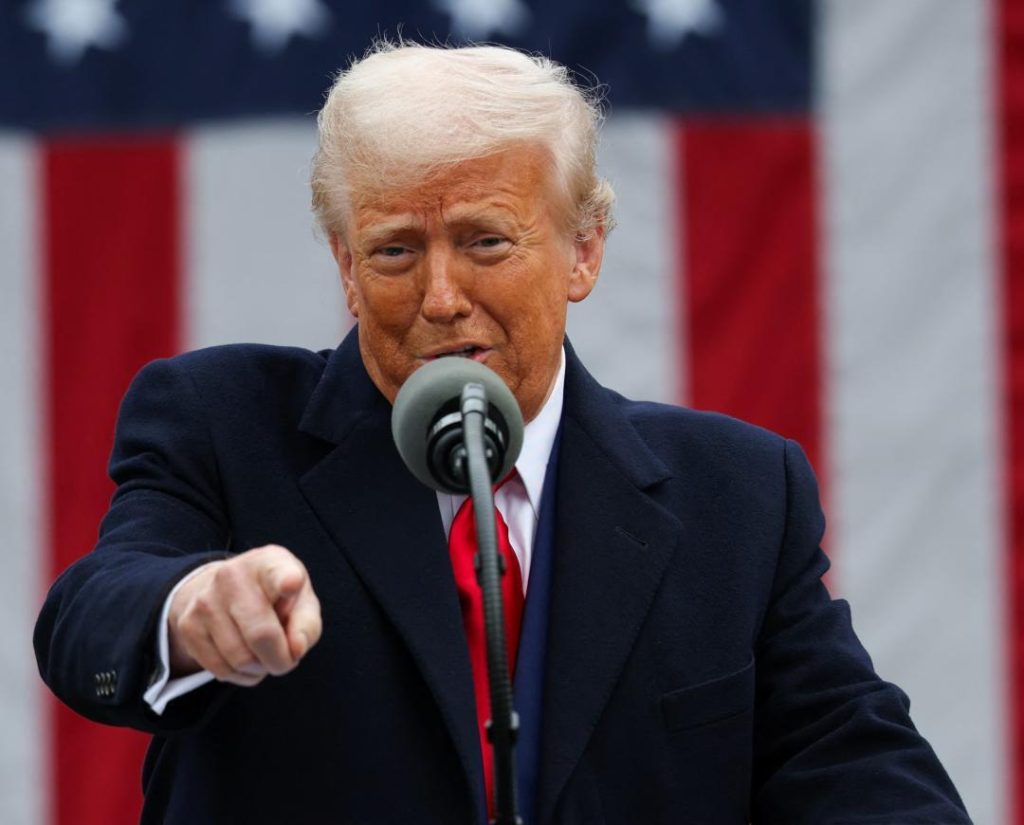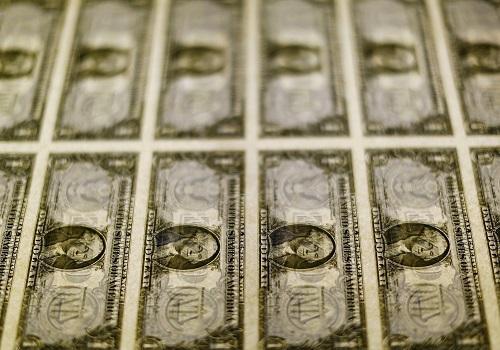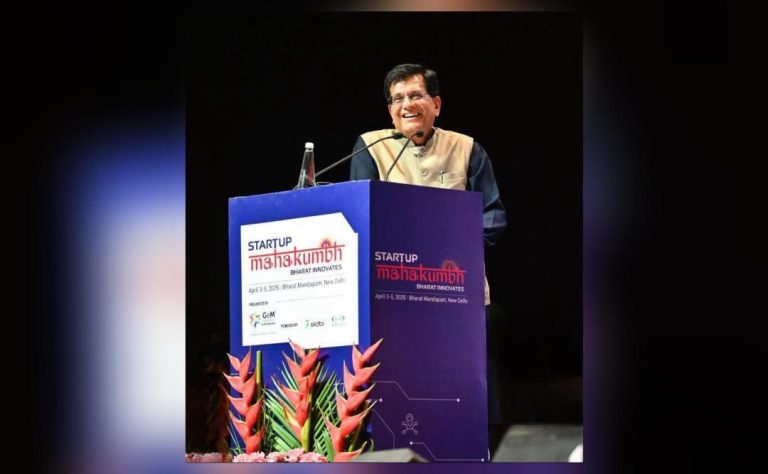
Which Goods & Items are Exempt from Trump’s New Tariffs?
In a bid to address the growing trade deficit with the United States, President Donald Trump announced new tariffs on Thursday, April 2. The tariffs, which are aimed at levelling the playing field for American businesses, have sparked concerns among several countries, including India, China, and the European Union. However, certain commodities have been kept out of the ambit of these reciprocal tariffs, and in this blog post, we’ll take a closer look at the goods and items that have been exempt from Trump’s new tariffs.
Pharmaceuticals: A Significant Exemption
Pharmaceuticals are one of the key exemptions from Trump’s tariffs. According to reports, India’s pharmaceutical industry exports nearly $9 billion worth of products to the United States every year. This exemption is significant, given the importance of the pharmaceutical sector to the US economy. The exemption also comes as a relief to Indian pharmaceutical companies, which had been bracing themselves for the potential impact of the tariffs.
Bullion: Physical Gold and Silver of High Purity
Another exemption from the tariffs is bullion, specifically physical gold and silver of high purity. This is a significant relief for investors and traders who had been worried about the potential impact of the tariffs on the value of their gold and silver holdings.
Energy: An Important Exemption
The energy sector is also exempt from Trump’s tariffs. This is significant, given the importance of energy to the US economy. The exemption is likely to benefit energy producers and consumers alike, who had been worried about the potential impact of the tariffs on energy prices.
Some Minerals Not Available in the US
Some minerals that are not available in the United States have also been exempt from the tariffs. This includes minerals such as rare earth minerals, which are used in a variety of high-tech products, including smartphones and laptops. The exemption is likely to benefit companies that rely on these minerals for their products.
Copper: A Key Exemption
Copper is another key exemption from the tariffs. Copper is a widely used metal that is used in a variety of products, including electrical wiring, plumbing, and construction. The exemption is likely to benefit companies that rely on copper for their products.
Steel and Aluminium: A Partial Exemption
Steel and aluminium, which are also subject to tariffs, have been partially exempted from Trump’s new tariffs. The exemption applies to certain products, including those used in the production of aircraft and automobiles. This is significant, given the importance of the automotive and aerospace industries to the US economy.
Semiconductors: A Key Exemption
Semiconductors, which are used in a variety of high-tech products, including smartphones and computers, have also been exempt from the tariffs. The exemption is likely to benefit companies that rely on semiconductors for their products.
Lumber Articles: A Partial Exemption
Lumber articles, which include wood products such as flooring and furniture, have been partially exempted from the tariffs. The exemption applies to certain products, including those used in the production of aircraft and automobiles. This is significant, given the importance of the automotive and aerospace industries to the US economy.
Conclusion
In conclusion, while Trump’s new tariffs have sparked concerns among several countries, including India, China, and the European Union, certain commodities have been kept out of the ambit of these reciprocal tariffs. Pharmaceuticals, bullion, energy, some minerals not available in the US, copper, steel, aluminium, semiconductors, and lumber articles are among the goods and items that have been exempt from Trump’s new tariffs. These exemptions are significant, given the importance of these sectors to the US economy. As the trade tensions continue to escalate, it will be interesting to see how these exemptions impact the global economy.






